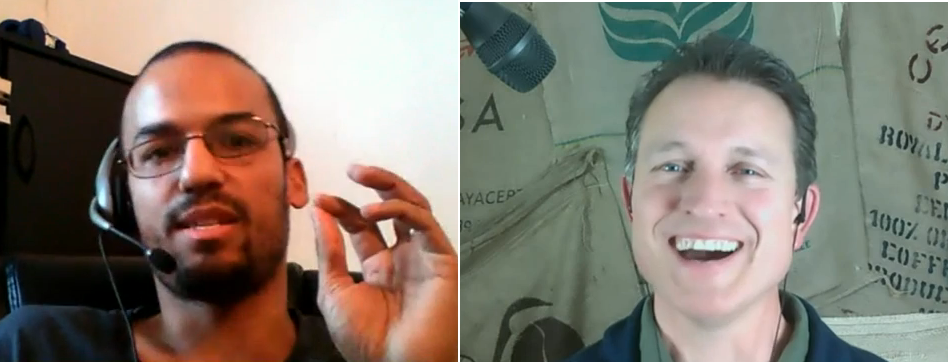The early bird catches the worm, as the old proverb says.
Sometimes I think that’s a rather destructive piece of advice.
Earlier this month, I shared a few of my most useful productivity tips with Carey Green. We were talking about my contribution to his new book Entrepreneur Mind Hacks Part 1. The dual volume series is a compilation of tips from some of the brightest entrepreneurial thinkers in the game today (like Seth Godin and Cal Newport), as well as powerful insights from thinkers of the past (like Winston Churchill).
Somehow I sneaked into the roster.
During this interview, Carey and I talk about:
- why “early to bed and early to rise” isn’t always best
- one of the many business lessons I extracted from sermons of an itinerant 18th century preacher
- generosity versus greed in business
- why humans need to stop treating their brains and bodies like machines during the workweek
- how two different Schwartzes (Gene and Tony) forever altered the way I set up my schedule — their advice will revolutionize your productivity if you listen and apply
- step-by-step instructions to discover your unique rhythms
- how God made you different — and what you need to do to make the most of that fact.
We also got into copywriting and marketing a little bit. I talked about how important persuasive copy is, but there are two things that have far more impact on the punching power of your sales messages. Most decent copywriters are aware of this. That doesn’t mean they’ll talk about it in public.
Carey was a great host. He’s also a top-notch businessman and MAN. The world could use more like him.

